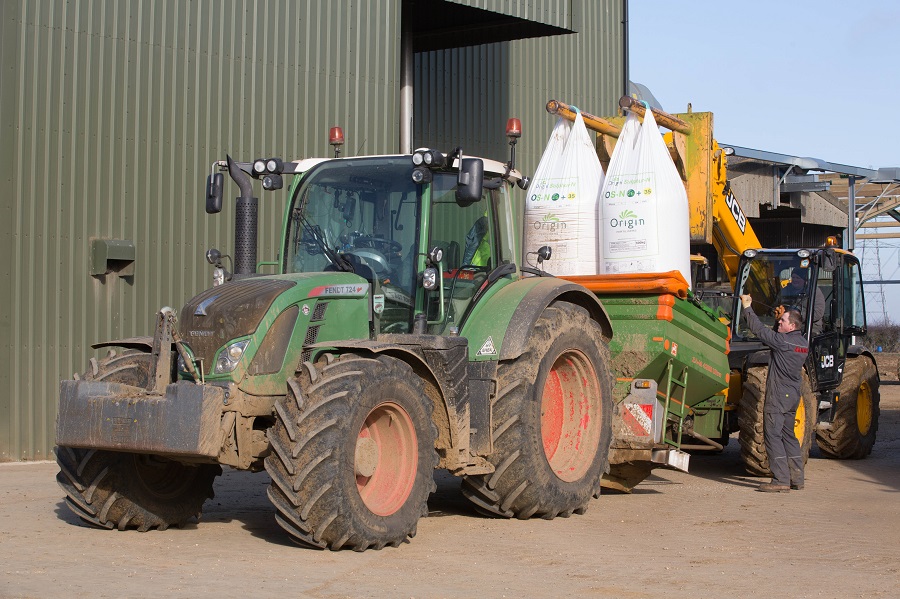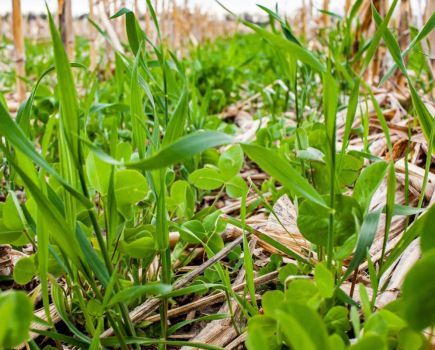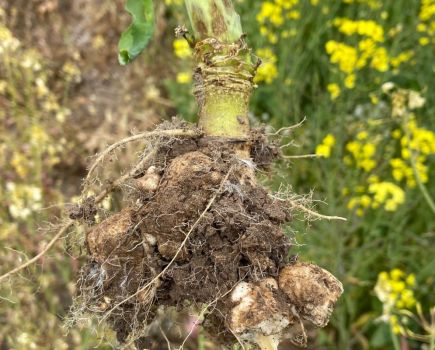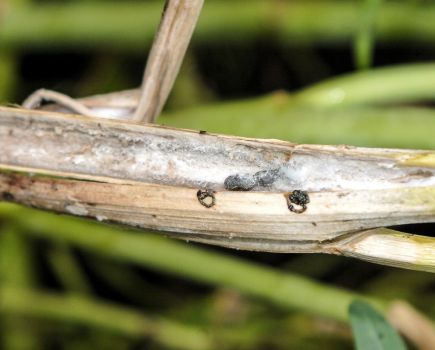Scientists speaking at a technical agronomy event have warned of the consequences from a lack of sulphur applied to broad-acre arable crops. CPM reports.
Inadequate levels of sulphur applied to UK crops could raise the prospect of dangerous levels of acrylamide in processed foods. This was the warning given by scientists at the first ICL Technical Agronomy Symposium near Grantham last month.
Dr Tanya Curtis from Curtis Analytical at Rothamsted explained that acrylamide is a neurotoxin and a probable carcinogen that forms during frying, roasting and baking potato and cereal-based products at a high temperature. Concerns over a lack of awareness among consumers has led to new risk-management measures imposed on food manufacturers, including requirements to monitor acrylamide levels and implement mitigation measures.
“Free asparagine and reducing sugars such as glucose, fructose and maltose are established precursors for acrylamide formation,” said Tanya. “Free asparagine is the key parameter in wheat and it accumulates at high concentrations in response to a number of biotic and abiotic stresses. Sulphur deprivation in particular causes a massive accumulation in the wheat grain.”
Dr Steve McGrath of Rothamsted Research echoed these findings, presenting a number of AHDB-funded and other independent studies that have shown routine applications of sulphur to cereals and oilseeds consistently result in yield and quality benefits. “The risk of deficiencies relates to soil type and overwinter rainfall,” he added.
But data he presented from the British Survey of Fertiliser Practice (BSFP) show that over a quarter of wheat crops and around 75% of potatoes do not receive S.
Soil analysis data from Lancrop Laboratories indicates an increasing trend of soil sulphur deficiency, with 85% of arable samples tested in 2019 found to be deficient. What’s more, sampling of cattle slurries suggest organic manures are not delivering the levels of S to the crop indicated by RB209, said Lancrop’s Jon Telfer.
“Timely use of leaf analysis allows for in-season assessment and adjustment, while post-harvest grain analysis evaluates the efficiency of your nutrient strategy,” he concluded.
A series of recent proprietary and independent trials results using ICL’s PotashpluS, PKpluS and Polysulphate fertilisers were presented. These showed the material, derived from the world’s only commercial polyhalite mine in N Yorks, performed well across a range of crops.
PKpluS performed better than TSP and MOP applied over replicated plots in an autumn fertiliser trial on KWS Zyatt winter wheat, carried out at Agrii’s site at Sanction, E Yorks. Low and high rates were applied in the autumn, with P and K then balanced in the spring.
“The addition of sulphur from the PKpluS was useful,” concluded Agrii’s Tom Land. “It improved crop biomass and NDVI in Nov and gave a slight edge in yield compared with a TSP/MOP blend. Spring was the most responsive time for nutrient weighting.”
First year sales of PotashpluS, which has joined ICL’s family of polyhalite-derived fertilisers, exceeded expectations said the company’s Howard Clark. “The feedback from customers and farmers has been really positive. Our agronomy trials programme, which includes our own and independent trials, shows all Polysulphate-based products performed as well and often better than traditional products.”
A naturally occurring mineral, Polysulphate releases its nutrients to the crop over an extended period of time. It contains sulphur, potassium, magnesium and calcium, has a carbon footprint of 0.033 kg CO₂e/kg (claimed as the lowest footprint of any equivalent fertiliser) and is approved for use in organic systems. At 37% K₂O, PotashpluS has a higher content of potash.




